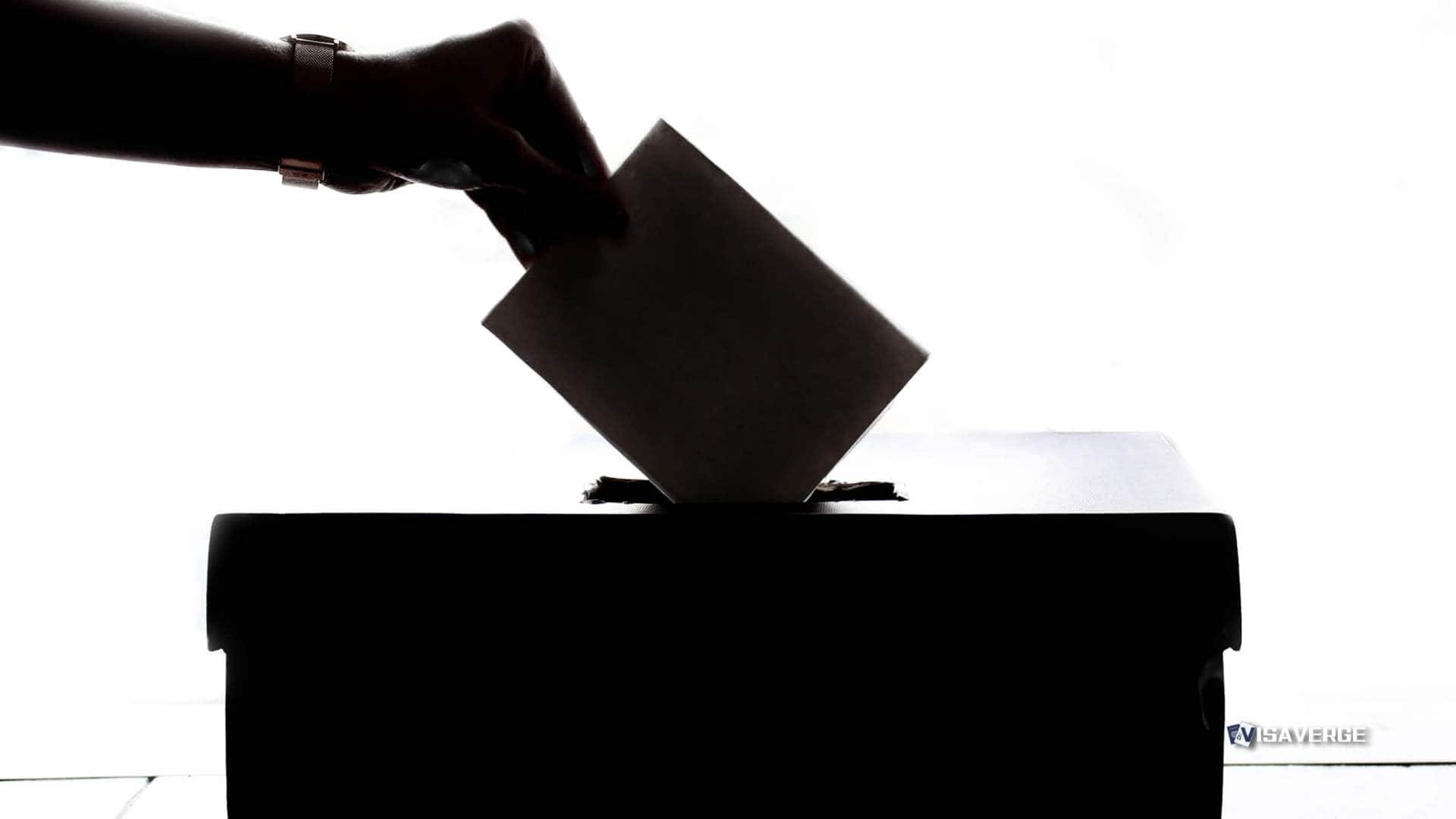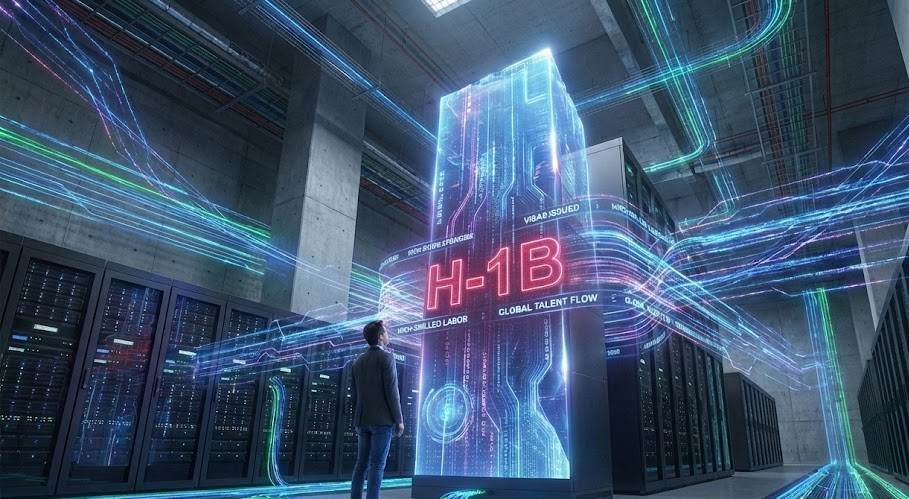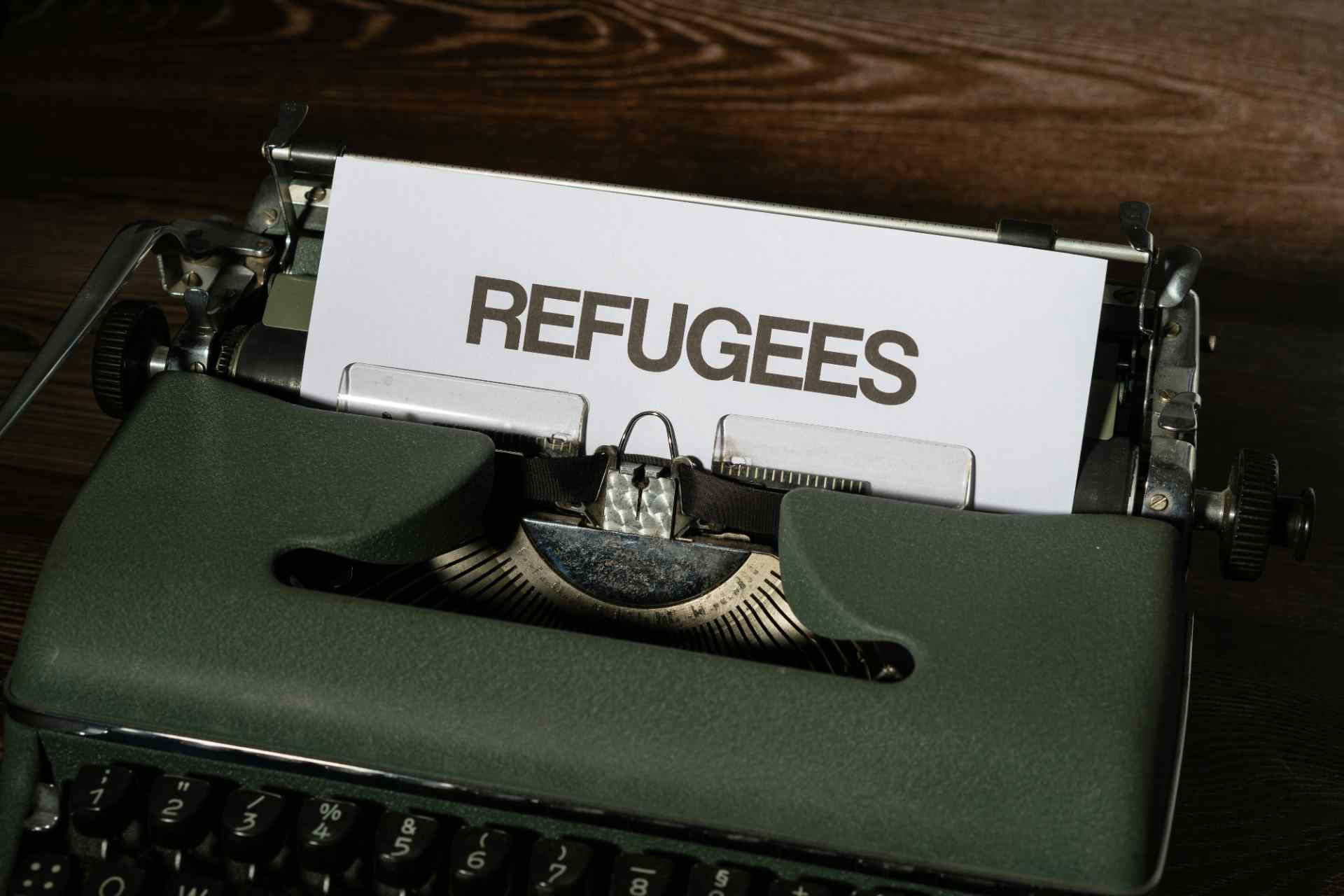(NEW YORK CITY, NEW YORK, USA) Republican efforts to strip New York’s newly elected mayor Zohran Mamdani of his U.S. citizenship have sparked a fierce national debate over denaturalization and political dissent, only weeks after his historic win on November 4, 2025. Mamdani, the first Muslim and South Asian to lead New York City, is facing public calls from several GOP lawmakers to revoke his naturalized status, even though immigration experts say there is no credible evidence he obtained citizenship fraudulently or has any real connection to terrorism.
Who is pushing the denaturalization effort and why

The campaign against Mamdani is led by Republican Representative Andy Ogles of Tennessee and a small group of like‑minded lawmakers. They have urged the Department of Justice to investigate his path to citizenship.
- Their core claims:
- He lied during his naturalization process by failing to disclose his membership in the Democratic Socialists of America (DSA).
- He supported groups they link to terrorism.
- They rely heavily on a 2017 rap lyric in which Mamdani referenced the “Holy Land Five,” a Muslim charity network convicted of supporting Hamas.
These accusations have been widely dismissed by immigration scholars and civil rights lawyers, who say there is no proof that DSA membership or artistic references to controversial cases can form the basis for canceling citizenship.
Legal standard and expert assessments
Legal analysts stress that denaturalization is an extremely rare remedy, reserved for cases where the government can present “clear, unequivocal, and convincing evidence” that a person intentionally lied about facts that truly mattered when they applied to become a citizen.
- Jeremy McKinney, an immigration lawyer who has followed denaturalization cases, said:
- Historically, this measure has been used against former Nazis and people convicted of terrorism, not against elected officials whose politics anger opponents.
- Courts set a very high bar, and the government almost never files such lawsuits.
- In Mamdani’s situation, the accusations rest on ideology and speech rather than any proven fraud during naturalization.
Political context and reactions
The political backdrop is intense. Mamdani’s win as a left‑wing candidate in the country’s largest city instantly drew national attention, especially because he is a member of the DSA.
- Former President Donald Trump quickly became one of his loudest critics, falsely suggesting Mamdani might even be in the United States 🇺🇸 illegally and threatening to withhold federal funds from New York City once he took office.
- Trump’s comments, made during interviews and rallies, echoed earlier attacks he has made on Muslim and immigrant politicians.
For many supporters, the attempt to question Mamdani’s citizenship feels like an attack not only on one politician but on millions of naturalized Americans who hold strong political views.
- Advocacy groups warn:
- If membership in a lawful political organization such as the DSA can be twisted into grounds for denaturalization, other immigrants might fear their activism or speech could later be used against them when the political winds change.
Mamdani’s response and priorities
Mamdani has repeatedly condemned extremism and any form of political violence. During the campaign and after his victory, he focused on practical issues:
- Affordable housing
- Worker protections
- Public safety
He pledged to build a city government that serves both long‑time residents and new arrivals. After the election, he called for unity and progress, saying his administration would be judged by its ability to deliver real improvements rather than by the smears spread during the race.
Current legal status and likelihood of denaturalization
As of late November 2025, no formal legal step toward denaturalization has been filed against Zohran Mamdani.
- The Department of Justice has not announced any inquiry.
- There is no court case on the public docket.
Experts who follow citizenship litigation say the chance of a successful denaturalization effort in this situation is extremely low, because the accusations have not been backed by:
- Documents
- Sworn testimony
- Other evidence that would meet the demanding federal standard
Broader implications for immigration and politics
The controversy may already be shaping the wider immigration debate.
- Some policy analysts worry that repeated talk of canceling the citizenship of a high‑profile Muslim mayor could normalize the idea that political disagreements justify questioning a naturalized person’s right to belong.
- Analysis by VisaVerge.com suggests the public fight over Mamdani’s status fits a broader pattern where immigration law becomes a tool in partisan battles, even when the legal basis appears thin.
For immigrants watching from across the country, the episode raises practical questions about how secure their own naturalization is. Under U.S. law, citizenship obtained through naturalization is meant to be permanent, except in narrow circumstances described by the courts and agencies such as USCIS.
As of late November 2025, no denaturalization case has been filed against Mamdani; no DOJ inquiry or court docket is publicly listed, highlighting how rare and evidence-driven this process remains.
- The standard emphasized by experts in the Mamdani debate:
- The government must prove intentional lies about important facts — not simply point to political membership, artistic expression, or unpopular opinions voiced years earlier.
Political motives and potential long-term effects
For now, the GOP campaign appears aimed more at sending a message than at winning in court. By demanding that the Justice Department revisit Mamdani’s path to citizenship, Republicans like Andy Ogles are signaling to their base that they will fight the rise of left‑wing, immigrant, and Muslim leaders.
- Supporters of Mamdani say that message is dangerous because it invites the public to see naturalized citizens as permanently conditional — at risk of losing everything if they back the wrong movement or party.
- Legal specialists warn that if talk of denaturalization becomes routine in campaign politics, it may be difficult to return the process to the narrow, evidence‑based role it has traditionally played.
Even without a single lawsuit, the battle over Mamdani’s citizenship is already reshaping the country’s conversation about who is allowed to fully belong. Immigration advocates promise to resist any attempt to test that.
Key facts summary
- Subject: Zohran Mamdani, newly elected mayor of New York City.
- Date of election: November 4, 2025.
- Accusers: Republican Rep. Andy Ogles and allied GOP lawmakers.
- Main allegation: Failure to disclose DSA membership and ties to groups linked to terrorism (based partly on a 2017 lyric).
- Legal reality: No formal denaturalization action filed as of late November 2025; experts say success is unlikely without clear, convincing evidence.
- Relevant resources: VisaVerge.com, USCIS
If you’d like, I can:
1. Create a printable one‑page fact sheet summarizing the timeline and legal standards.
2. Produce social‑media friendly bullet points that protect all original details for quick sharing. Which would you prefer?
Republican lawmakers led by Rep. Andy Ogles pressed the Justice Department to examine Mayor Zohran Mamdani’s naturalization, alleging undisclosed DSA membership and ties cited from a 2017 lyric. Legal experts note denaturalization is extremely rare and requires clear, convincing evidence of intentional fraud. As of late November 2025, no DOJ inquiry or court case exists, and specialists say a successful denaturalization is unlikely. Mamdani focuses on housing and worker protections while supporters warn political motives risk targeting naturalized citizens.







